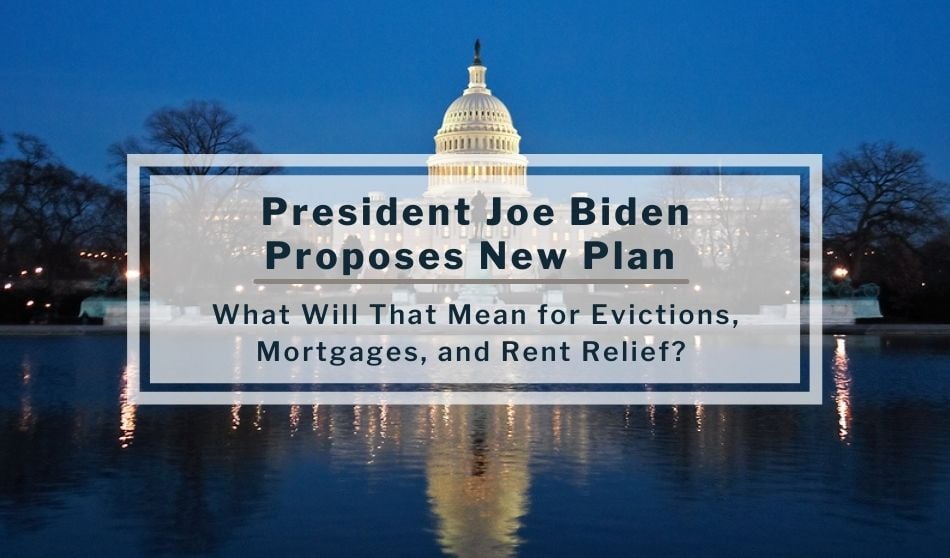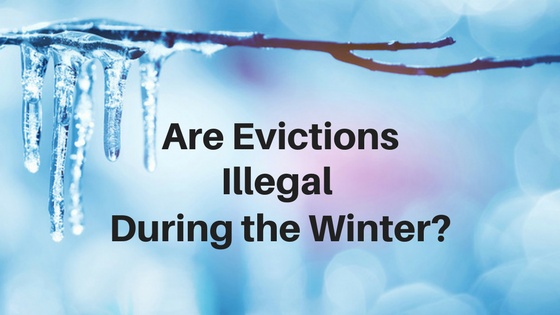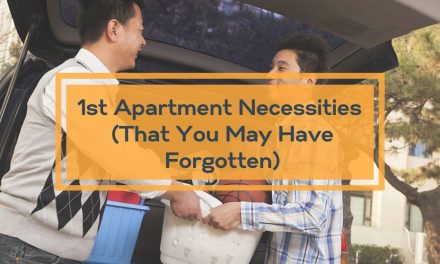
The struggle is real across the US for tenants and landlords attempting to make ends meet. With the federal eviction moratorium expiring while millions have fallen behind on paying rent and mortgages, the new presidency could bring added relief for both struggling landlords and renters alike.
Although data shows an uptick of rent payments online, with 1 in 5 adults still behind on rent payments, it is estimated $70 billion is in arrears.
Nathan Miller, president of Rentec Direct, notes in the recent Forbes article that “in order for the housing market to return to normal, the natural cycle of turnover needs to return. This will require unemployment rates to drop down closer to pre-pandemic levels, so renters can pay their rent as they normally would”.
Read the entire article here: Three Predictions for the Rental and Housing Market in 2021
Until that eventuality, tenants and landlords are attempting to navigate the troubled waters created by business shut-downs, unemployment, and looming debt.
On Thursday, the then President-elect Biden announced The American Rescue Plan, a $1.9 trillion stimulus relief package that addresses many of those issues that impact the rental industry.
In that announcement, President Biden notes that 18 million are relying on unemployment insurance, 14 million have fallen behind on rent and at risk of eviction, while over 400,000 small businesses have permanently closed their doors.
Although it is not clear if the bill will pass, President Biden’s sentiments point to the urgency to push forward some sort of relief package when he said, “If we don’t act now there will be a wave of evictions and foreclosures in the coming months as the pandemic rages on. This would overwhelm emergency shelters and increase COVID-19 infections as people have nowhere to go and can’t socially distance.”
He went on to ask Congress to fund rental assistance for those 14 million which will “be a bridge to economic recovery for countless mom and pop landlords.”
Read the entire speech here: Remarks as Prepared for Delivery by President-Elect Joe Biden on the American Rescue Plan and Build Back Better Recovery Plan in Wilmington, Delaware.
How the American Rescue Plan Will Assist Landlords and Tenants?
The American Rescue Plan was designed to facilitate economic recovery. Direct cash payments, extended unemployment insurance, rent relief, and food assistance are key elements of the American Rescue Plan which anticipates lifting 12 million Americans out (which include 5 million children) out of poverty.
Highlights of the American Rescue Plan
- Direct cash payments of $1,400 per person
- Extended unemployment compensation
- Increasing and making the Child Tax Credit fully refundable
- Raising the minimum wage
- $25 billion in rental assistance
- $5 billion allocated to cover utility costs from water and power
- $5 billion for state and local governments to pay for emergency housing
- Rent relief and food assistance
- Flexible grants to help small businesses and low-cost capital to help create and maintain jobs
Rental Eviction and Mortgage Moratoriums
Included in President Biden’s plan is an extension of the current eviction and foreclosure moratorium. The newly proposed extension expiration is set for September 30.
The current eviction ban and CARES Act allocated $25 billion for renter assistance for those households who fall under 80% of the median income of their local area, has one member at risk of homelessness if assistance is not available, and qualifies for unemployment benefits or facing financial hardship due to the pandemic. The newly proposed American Rescue Plan sets aside an additional $25 billion for this cause.
If the American Rescue Plan is not passed but the eviction and foreclosure moratorium is extended without additional relief measures in place, it may create an increased burden on the already overextended hardships for private landlords; especially for those that rely on their rental properties as a sole source of income.
Extensions are useful for keeping homelessness at bay but do not address the mounting debt created from the unpaid rent or mortgage payments. This debt plays a huge role in the ability to rise from or keep from the poverty line as well as other cascading financial hardships.
With the uncertainty of new legislation passing and with the unknown of how the pandemic will continue to impact the lives of renters and landlords, many now are faced with financial hardships and circumstances beyond their control.
If you are struggling financially during this season, below are some resources to help in your research efforts for assistance.
- BiggerPockets | Millions of Tenants Struggling to Pay Rent – Here’s What Landlords Can Do
- Rentec Direct Blog | Tenant Resources: Help with Rent and Other Financial Assistance
- Rentec Direct Blog | Landlord Resources: Help with Mortgage and Other Financial Assistance
If you or someone you know is facing homelessness contact one of the following:
- Call 211 from a landline or visit 211.org
- Just Shelter Community Resources
- Housing and Urban Development (HUD) resource page | local community contact information to help people who are experiencing or at risk of homelessness





